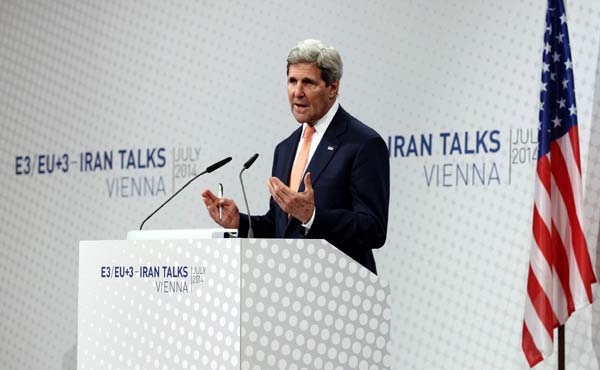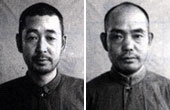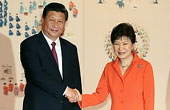Iranian nuclear talks has 'real gaps' on key issues: Kerry
(Xinhua) Updated: 2014-07-15 21:53
 |
|
US Secretary of State John Kerry addresses the media during a news conference in Vienna July 15, 2014.[Photo/Agencies] |
VIENNA - Participating sides will continue work to bridge the remaining "real gaps" on some key issues in Iranian nuclear talks as the July 20 deadline approaches, while tangible progress has been made on other key issues, US Secretary of State John Kerry told reporters here on Tuesday.
"There has been tangible progress on key issues ... however, there are also very real gaps on other key issues," Kerry noted.
"It is clear we have more work to do," added Kerry, saying that he is returning to Washington on Tuesday to consult with President Barack Obama and with Congress leaders over the coming days the prospects for a comprehensive agreement as well as the path forward if sides could achieve the agreement by the deadline July 20 based on the progress made, indicating the extension of the negotiation would be discussed among US policy makers.
He also added that the sides would continue work on the issue with the belief of "there is a way forward", "the July 20 deadline is still on the table," he noted.
The remarks came after days of intensive and variety of bilateral and trilateral meetings between US, EU and Iran's top diplomats in Vienna.
The United States and five other world major countries, namely France, Germany, Britain, Russia and China, have been seeking a deal to settle the decade-old disputes over Iran's nuclear program.
A six-month interim deal, which took effect on Jan. 20 and would expire five days later, was designed to buy time for negotiations for a final agreement. Under the interim deal, Iran agreed to suspend some sensitive nuclear activities in exchange of limited sanction relief.
When asked about Iran's supreme leader's remarks about Tehran's nuclear ambition, he said the centrifuges number Iran claimed are too many.
Iran's supreme leader Ayatollah Ali Khamenei said on Tuesday Iran needs 190,000 separative work units (SWUs) for uranium enrichment (around the 190,000 to 237,500 output capacity of IR-1 Iranian centrifuges), much higher than the West currently wants to allow under a comprehensive agreement.










